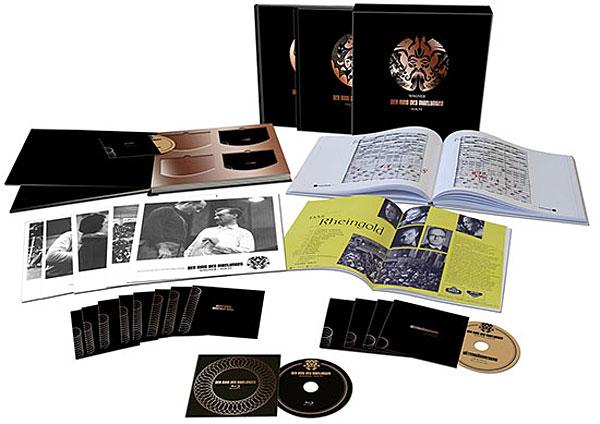| Columns Retired Columns & Blogs |
Any comaprison of this 2012Set vs the Esoteric Reissue SACD Set?
http://esoteric.teac.com/esoteric_remasters/richard_wagner_-_der_ring_des_nibelungen/
The Esoteric SACD Set is out-of -print.
A NOS set of it is now > USD1000 in Hong Kong!





































